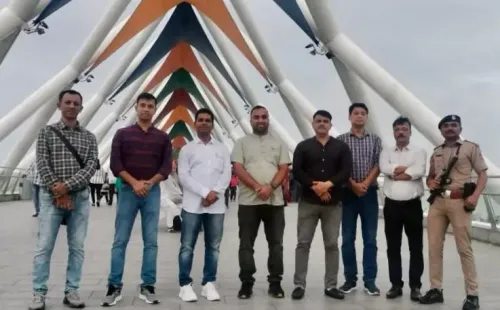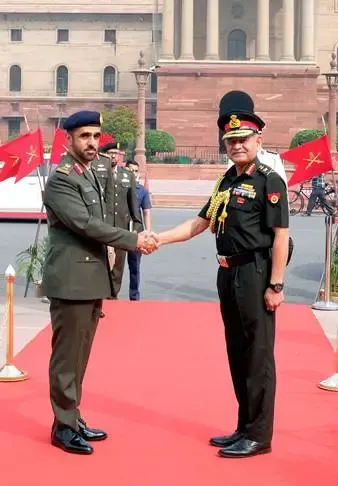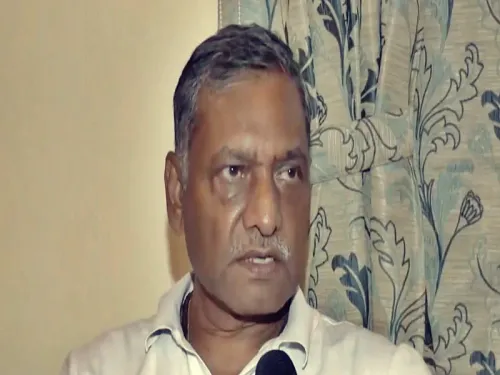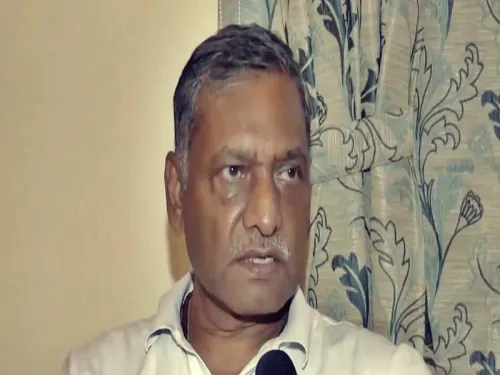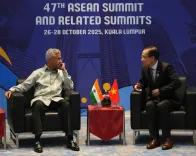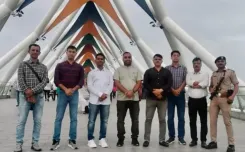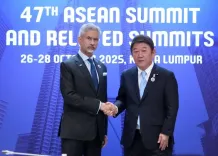What Did the Kerala HC Decide About the Global Ayyappa Sangamam?
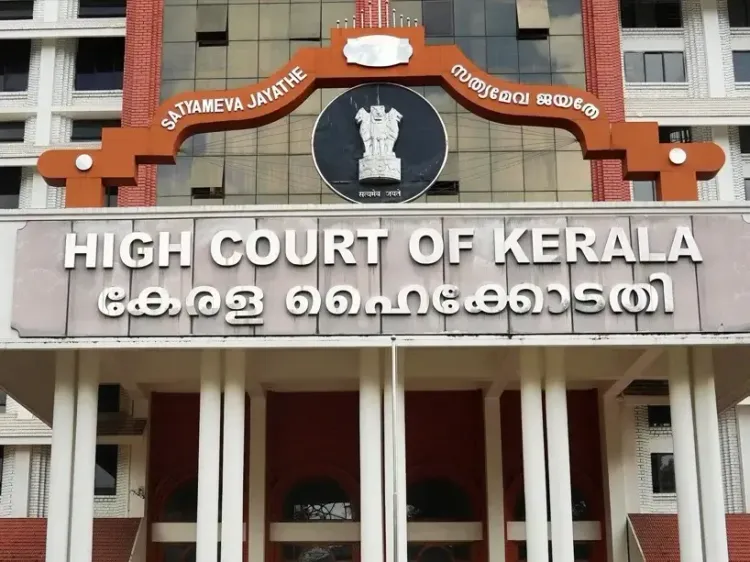
Synopsis
Key Takeaways
- The Kerala High Court has approved the Global Ayyappa Sangamam with conditions.
- Stringent measures aim to protect the sanctity of Sabarimala.
- Concerns were raised about the event's organization and funding.
- Financial transparency is mandated from the organizers.
- The decision reflects ongoing political tensions in Kerala.
Kochi, Sep 11 (NationPress) The Kerala High Court has approved the Travancore Devaswom Board to host the Global Ayyappa Sangamam, while imposing strict measures to ensure the sanctity of Sabarimala and protect the rights of everyday devotees.
The court addressed a series of petitions contesting the event, slated for September 20, where petitioners claimed it was being organized by individuals lacking faith in Lord Ayyappa and who had previously advocated for the dismantling of Sanatan Dharma.
They contended that conducting such an event near places of worship breached laws prohibiting non-religious activities in these areas. Concerns were voiced about potential misuse of temple finances and the absence of genuine Ayyappa followers—those who perform penance and adhere to traditions—from the guest list, which was reportedly dominated by political figures.
While petitioners insisted that all funds raised in the name of Lord Ayyappa rightfully belong to the deity and should be allocated solely for temple use, the government argued that the Sangamam was not unconstitutional and did not infringe upon Article 14 of the Constitution.
The government further clarified that neither it nor the Devaswom Board would allocate public funds, with all expenses covered entirely by sponsorships.
In its significant ruling, the High Court allowed the Global Ayyappa Sangamam to proceed, but with specific conditions.
The court mandated that the sanctity of the holy Pampa must be upheld, and that no harmful actions against nature should take place.
It emphasized that the rights of ordinary devotees should not be compromised and that participants in the Sangamam should not enjoy any special privileges at Sabarimala.
Crucially, the bench instructed the organizers to submit a comprehensive income and expenditure report within 45 days, ensuring complete financial transparency.
This verdict arrives amidst political tensions, with the opposition Congress-led UDF accusing the ruling CPI(M)-led government of exploiting the name of Sabarimala for political gain, a claim the Left has dismissed, framing the summit as a movement to unify believers against communalism.
By placing conditions on its approval, the High Court has sought to maintain a balance—enabling this significant event to take place while ensuring accountability, environmental stewardship, and the protection of pilgrim rights.

